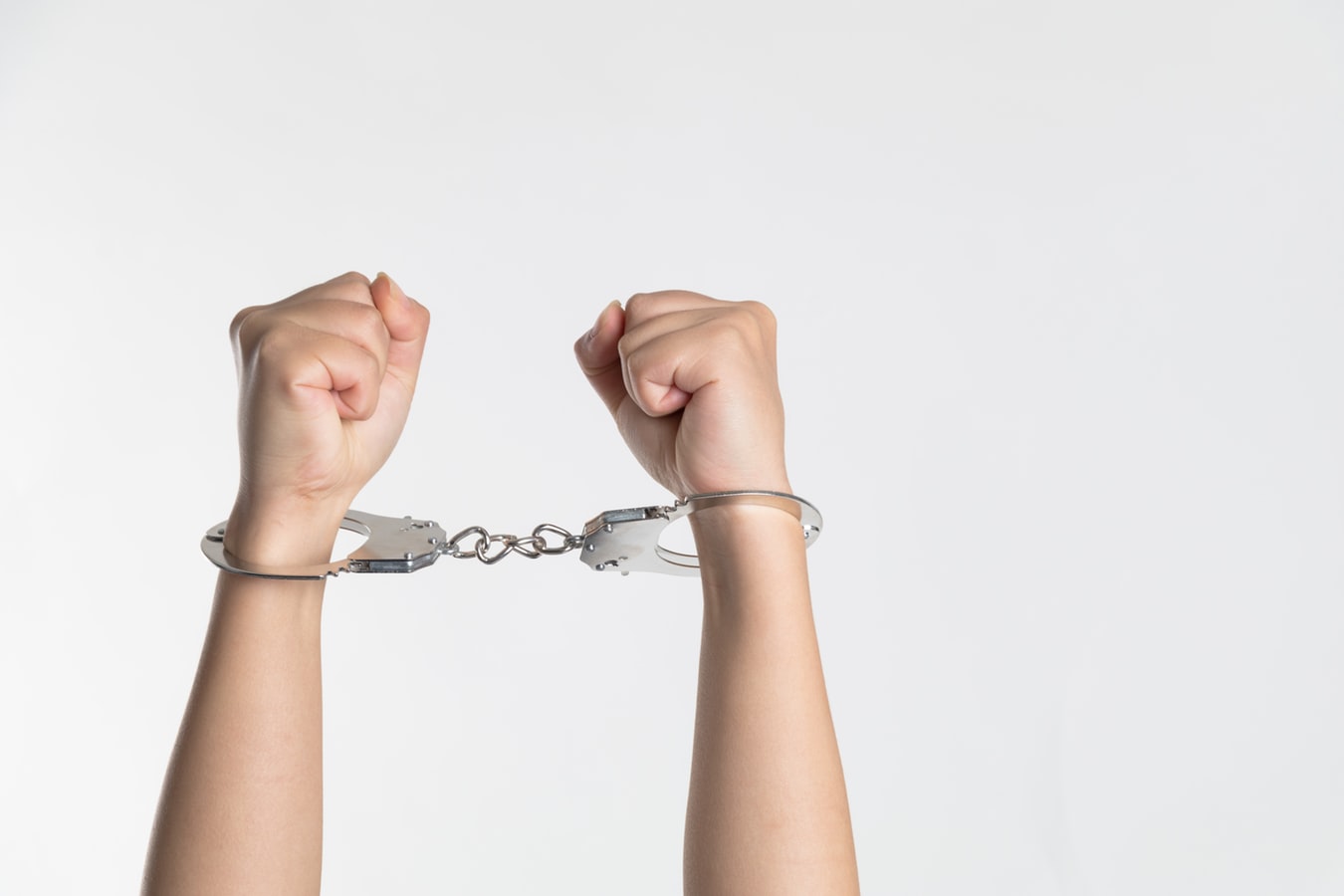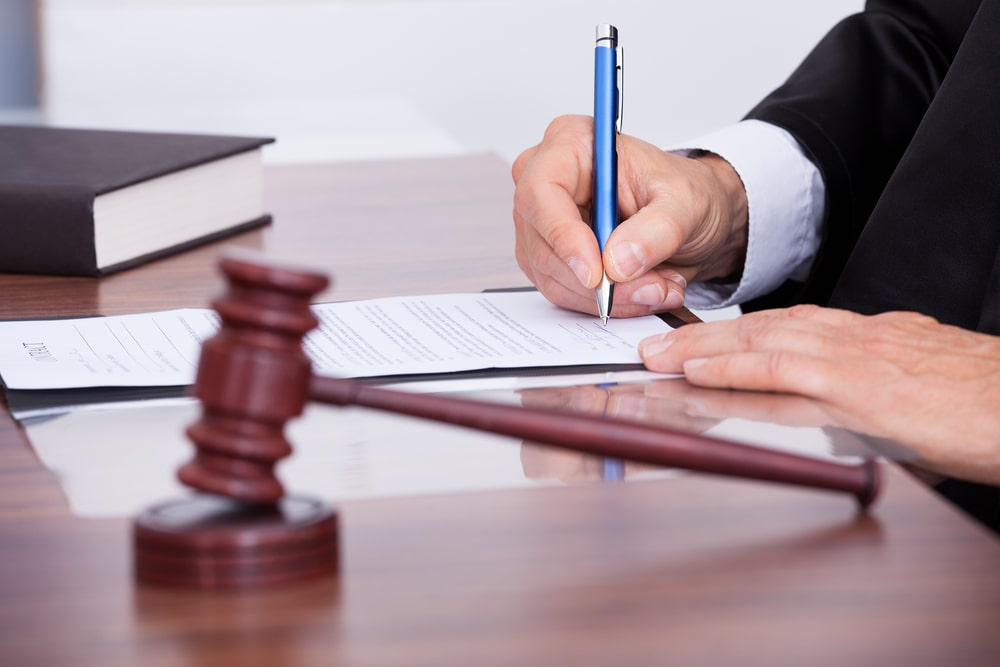
Problem drinking and alcoholism are serious public health risks. More than 100 million adults in the U.S. self-report that they have driven while under the influence of alcohol, and the results are grim. Drunk drivers are far more likely than sober drivers to cause serious accidents. In a given year, more than a million people will be arrested for drunk driving.
Unfortunately, having a DUI arrest can severely impact a person’s finances. Despite the consequences, many people with DUI convictions will go on to rack up repeat offenses. One of the most significant indicators of alcohol addiction is an inability to stop drinking, regardless of the negative consequences. For people who struggle with problem drinking and legal issues related to it, a DUI is a wake-up call, and it’s crucial to get help from medical professionals for alcohol use disorder.
What is a DUI Charge?
The term DUI is a legal acronym for “driving under the influence.” Another similar legal term is called a DWI, which means “driving while intoxicated,” or “driving while impaired.” The states govern drunken driving arrests and laws, so some states will use any of these terms to refer to either the same offense or a similar offense. No matter what, being charged with one of these crimes means a person got drunk or high and then decided to get behind the wheel, risking their safety and the safety of others on the roads.
People can be arrested for driving under the influence, taking an illegal drug, or becoming impaired from a prescription medication. In the U.S., a person dies in a drunk driving accident every fifty minutes. Legal and prescription drugs, excluding alcohol, are responsible for up to 16% of all car crashes in the country.
How is Someone Charged with a DUI?
It depends on the state, but police officers need probable cause to arrest someone for a DUI. Examples of probable cause would be:

What are the Consequences of Getting a DUI?
It doesn’t matter what state a person is arrested in for a DUI. No matter what, having a DUI arrest or a DUI conviction on a person’s record will result in many severe consequences. The legal system is not kind to those who drive impaired.
People who are convicted of a DUI or plead guilty for the offense will most likely lose their driving privileges for a period of time. Depending on how many offenses they have and how severe their impairment was, they could lose their driver’s license for several years. First offenders can also expect to pay quite a bit in court fines, fees, and legal bills. Second offenders may even face jail time for a DUI. Probation and community service are also common ramifications for repeat DUI offenders. Getting a driver’s license reinstated after a DUI isn’t easy either. Most states require DUI offenders to take classes and pay other fees to get their driving privileges back.
The law takes a very defensive position against drunk driving offenders. People with this type of conviction may also be monitored and evaluated for their substance use patterns. Some states even require court-ordered treatment. Depending on the person’s legal history and their rate of alcohol abuse, they may be court-ordered to attend A.A. meetings, or even stay in a residential treatment program for a period. Failing to attend could mean jail time or a permanent loss of driving privileges.
The consequences of a DUI can also last for years after the arrest. A person’s insurance rates will go out, even tripling their premium costs for up to three years after a conviction. Some states require a person to pay for an interlock device on their cars. No matter what, having a conviction is expensive, time-consuming, and can also impact a person’s ability to get certain jobs.
Does Having a DUI Mean Someone is an Alcoholic?
Getting a DUI doesn’t necessarily mean someone is addicted to alcohol. With more than 100 million adults self-reporting impaired driving in a year, that doesn’t mean that all of those 100 million people are addicted to alcohol. People can binge or heavily drink and make a poor choice to drive while impaired without suffering from alcoholism. But repeat DUI convictions would indicate alcohol use disorder.
Even driving under the influence one time could indicate a person is an alcoholic, but correlation doesn’t always equal causation. Because driving under the influence could be an indicator of alcohol addiction, most states require arrestees to undergo an evaluation and screening for addiction. This screening can help the court determine if the person is a candidate for further treatment and rehab. Studies have found that there is a significant overlap between people arrested for DUIs and alcohol use disorder. On average, a drunk driver will drive 80 times while impaired before getting a DUI. Engaging in risky behavior, not being able to control their drinking, and drinking despite the consequences are all signs of addiction.
What Help Should Someone Seek After Getting a DUI?
Alcoholism is a severe and chronic disorder that can be challenging to treat, but it’s not impossible to achieve and maintain sobriety. Severe problem drinking that results in a DUI arrest or multiple DUI arrests is an indicator that someone needs outside help and intervention. Attending a rehab program for alcoholism can give a person the tools and support they need to break the cycle of addiction and achieve sobriety. In rebab, patients will work closely with a therapist, and a team of clinicians and doctors to come with comprehensive aftercare plans to prevent relapse.
Have you or a loved one been arrested for a DUI? The counselors at Mission Harbor Behavioral Health are standing by to answer your questions about alcohol addiction treatment. Contact us online today to explore your treatment options.
Get Help Now
Alcohol addiction is extremely difficult to overcome on your own.. Seek specialized help and let professionals guide you in your recovery.

